The Russian Central Election Commission (CEC) on January 5 approved the inclusion of Mr. Leonid Slutsky of the Liberal Democratic Party and Mr. Vladislav Davankov of the New People's Party on the ballot for the presidential election to take place on March 15-17.
According to AP, neither candidate is expected to pose a significant challenge to incumbent President Vladimir Putin, who has had a profound influence on Russian politics since the 2000s.
In the Russian parliament , Mr Slutsky's far-right Liberal Democratic Party (LDPR) and Mr Davankov's New People's Party have largely sided with Mr Putin's ruling United Russia party in supporting the proposed bills.
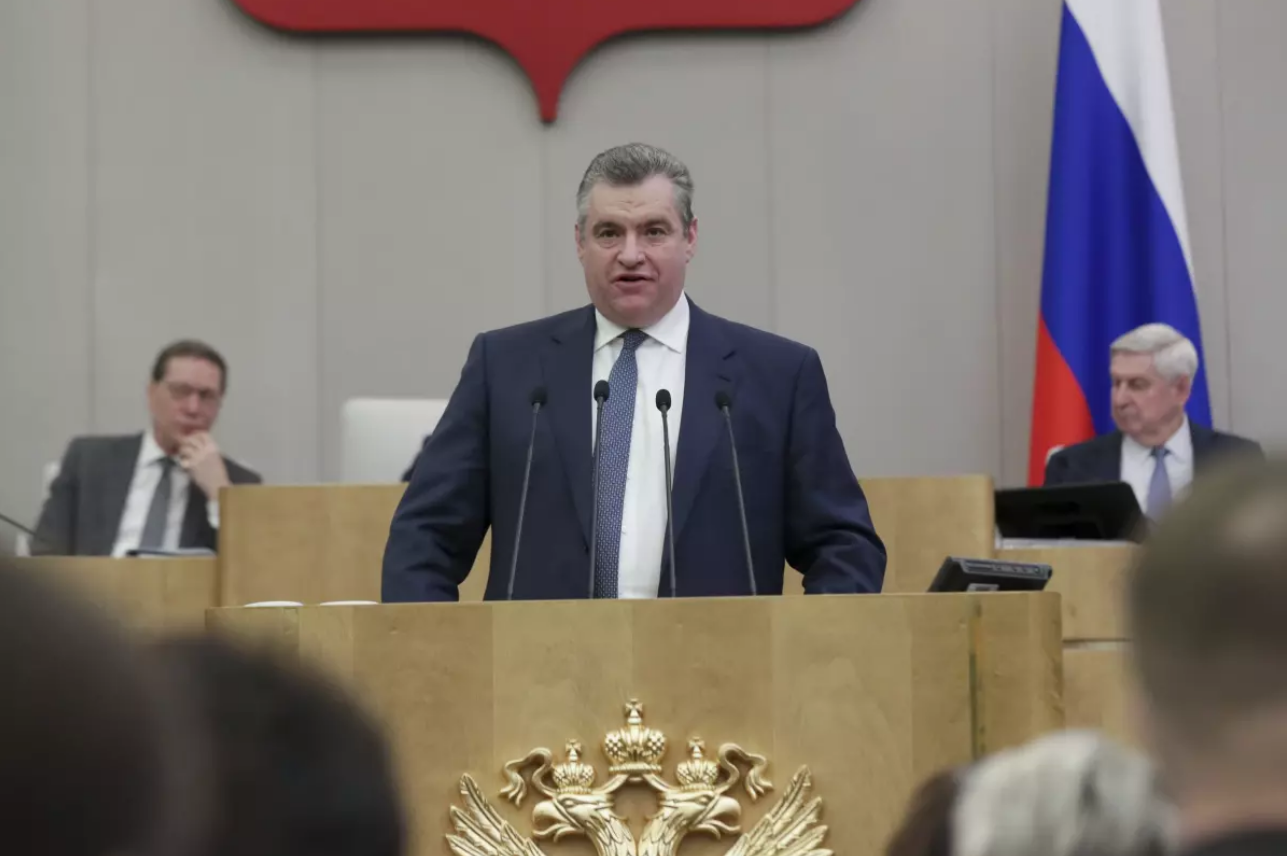
Mr. Leonid Slutsky, Leader of the Liberal Democratic Party of Russia (LDPR). Photo: San Diego Union Tribune
Mr. Slutsky, as head of the Foreign Affairs Committee of the State Duma (lower house of parliament), is a leading supporter of the Kremlin's foreign policy. In the previous Russian presidential election in 2018, the candidate of the nationalist Liberal Democratic Party won less than 6% of the vote.
After being nominated as the party’s candidate in mid-December 2023, Mr. Slutsky told reporters that he “will not take away votes from the Russian President” and predicted that Mr. Putin would “win by a large margin” in the upcoming election.
“I will not call for a vote against Putin. A vote for Slutsky and the LDPR is not a vote against Putin at all,” the lawmaker said at the time.
Mr. Davankov – the second candidate – is currently the Deputy Chairman of the Russian State Duma. His New People's Party was founded in 2020 and holds 15 seats in the 450-member Duma.
The Russian Communist Party has nominated Nikolai Kharitonov as its candidate, but the CEC has not officially confirmed it. Mr. Kharitonov was the party’s candidate in 2004, and won the second most votes after Mr. Putin. That year, Mr. Putin won by a landslide, far surpassing all other rivals.
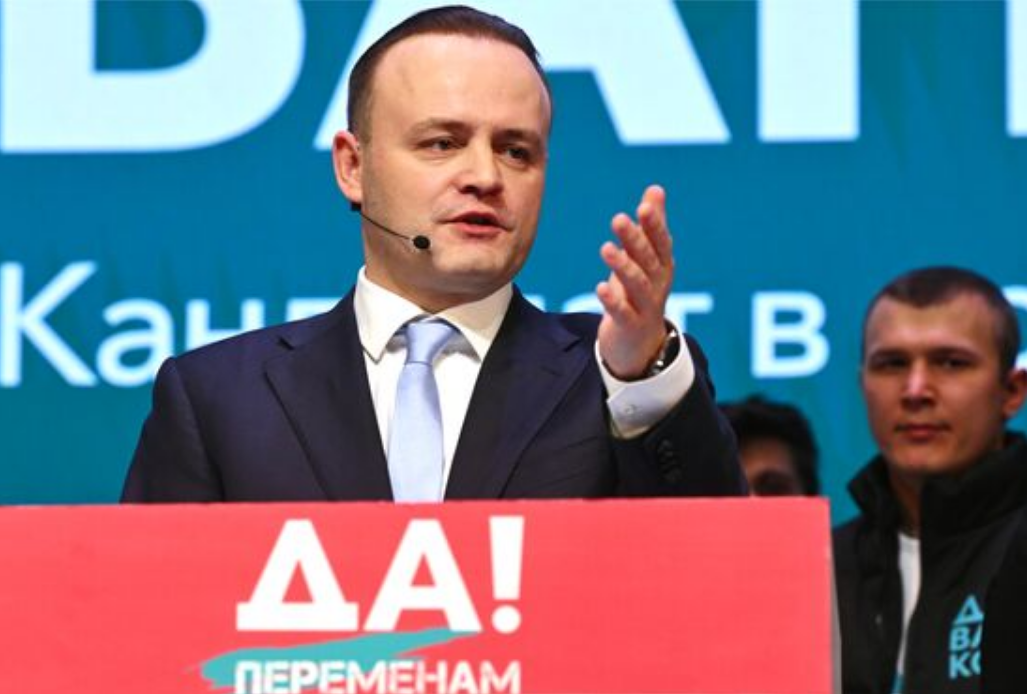
Mr. Vladislav Davankov, Deputy Chairman of the Russian State Duma. Photo: Sputnik
Last month, a Russian politician was disqualified from running in the presidential election. The Central Election Commission (CEC) refused to accept the initial nomination by a group of supporters of former journalist Yekaterina Duntsova, citing errors in the paperwork, including spelling. The Russian Supreme Court later rejected Ms. Duntsova’s appeal against the CEC’s decision.
Mr Putin is running for a new term as Russian president as an independent candidate, and his campaign headquarters, along with branches of the ruling United Russia party and the political alliance known as the People's Front, have been collecting signatures in support of his candidacy.
Under Russian law, independent candidates must win the nomination support of at least 500 people and also collect at least 300,000 signatures from 40 or more regions.
Mr. Putin has continuously held the positions of President or Prime Minister of Russia since 1999. He has held the position of President since 2012, and his previous term as President was from 2000 to 2008.
According to Statista, a global data platform, support for the Russian president has skyrocketed since Moscow began its special military operation in Ukraine, and the Russian leader's approval rating is now 82% .
Minh Duc (According to AP, Moscow Times)
Source


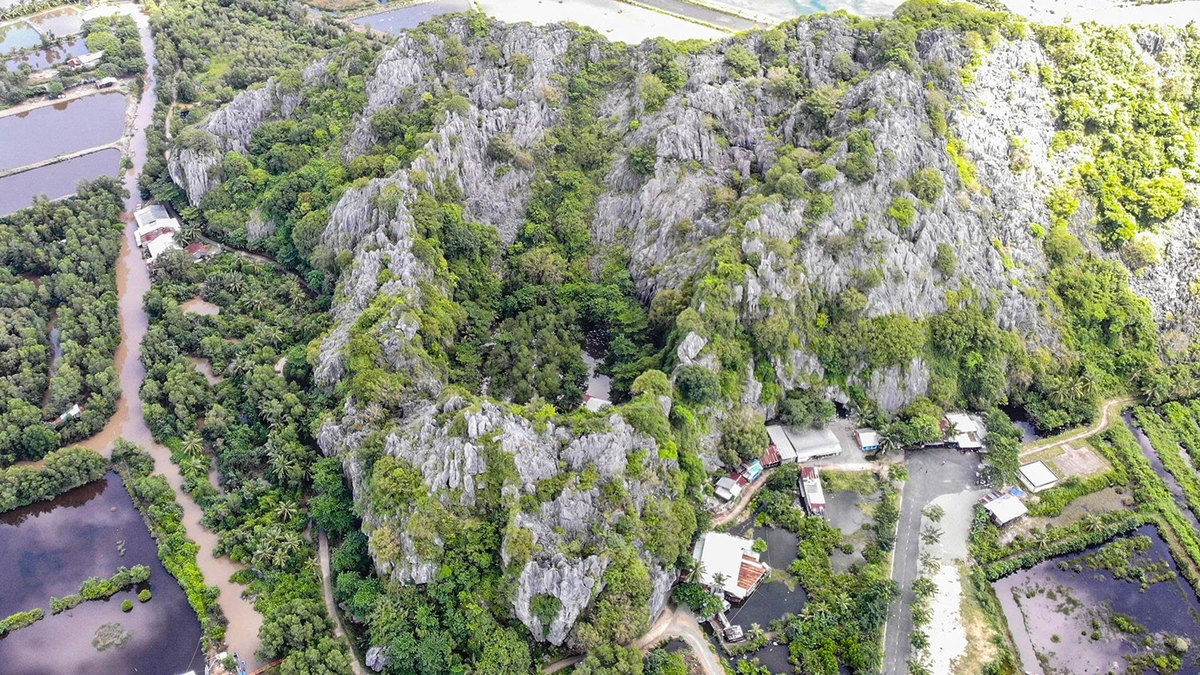
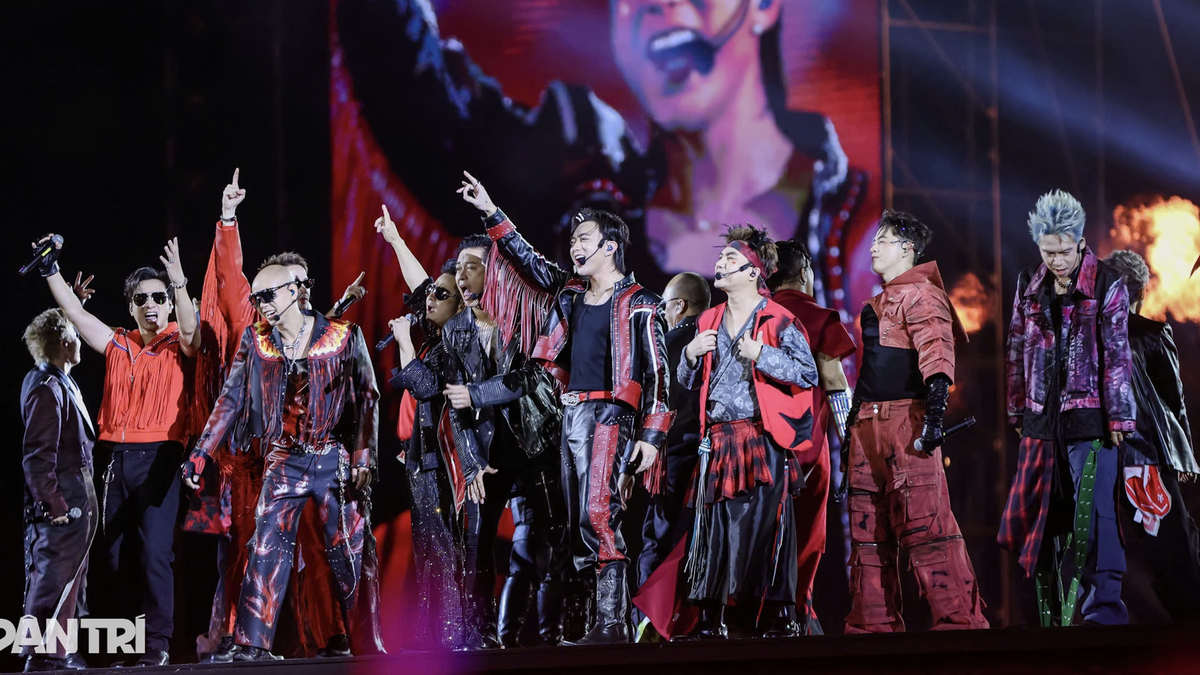



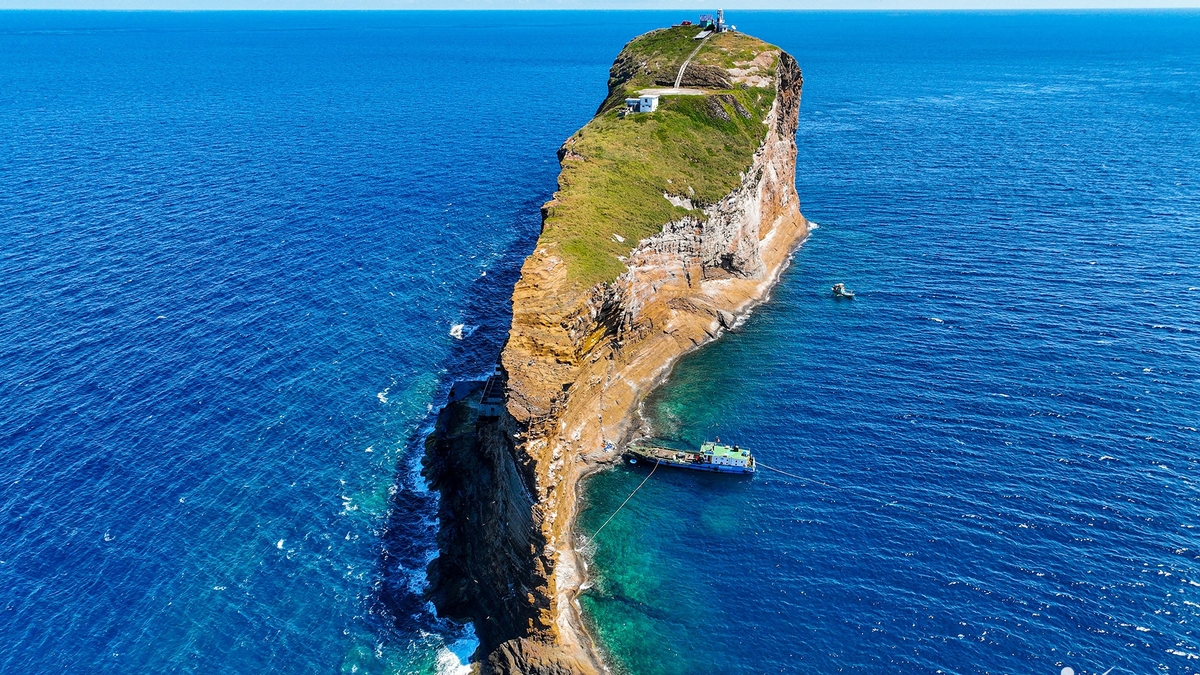




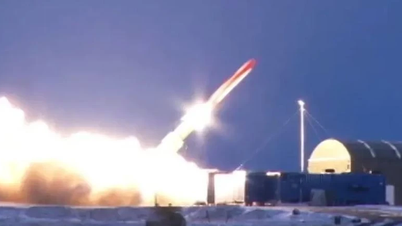

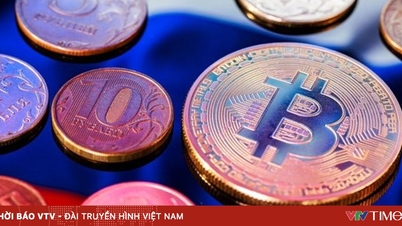


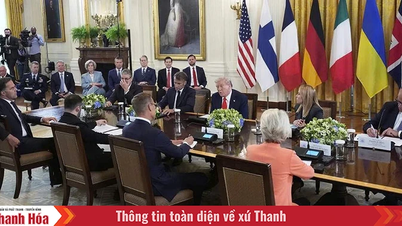

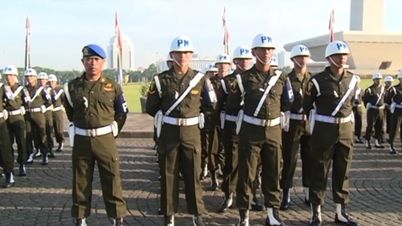

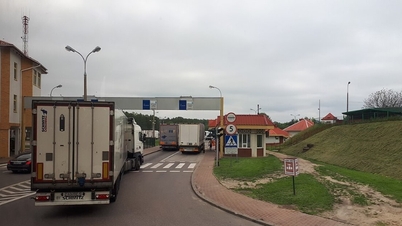



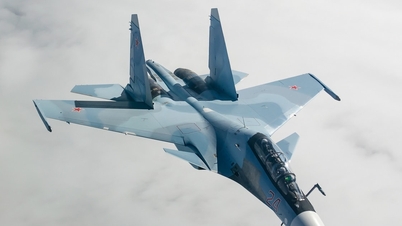











![[Photo] Unique architecture of the deepest metro station in France](https://vphoto.vietnam.vn/thumb/1200x675/vietnam/resource/IMAGE/2025/11/14/1763107592365_ga-sau-nhat-nuoc-phap-duy-1-6403-jpg.webp)
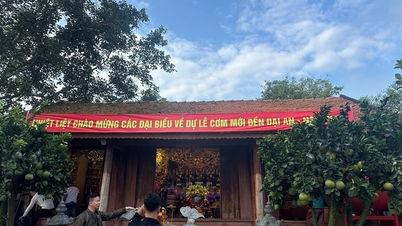










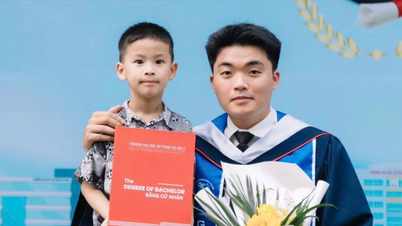

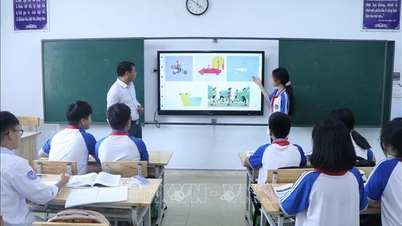

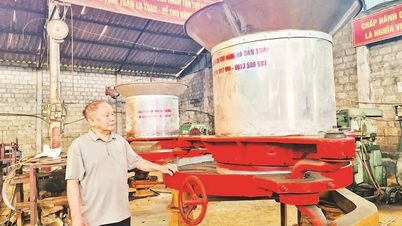



















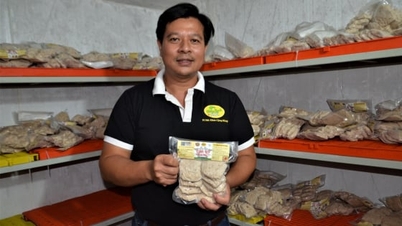

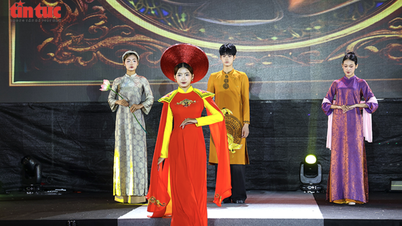
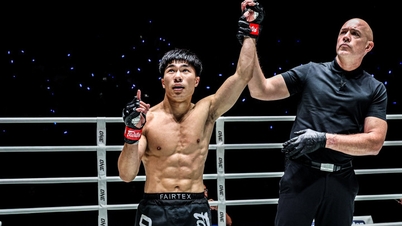

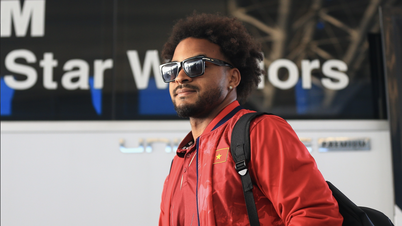
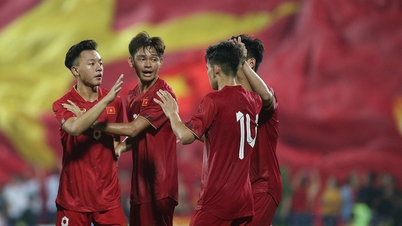


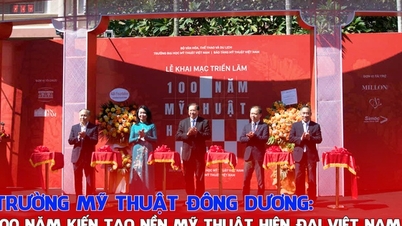



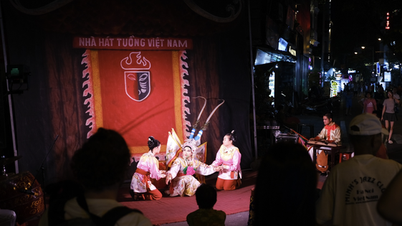
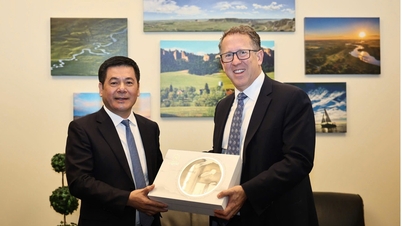

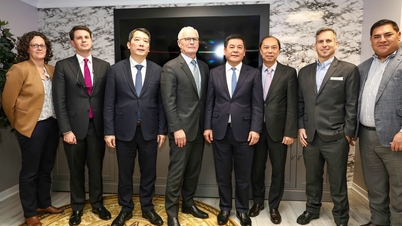
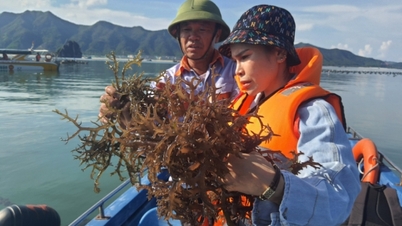





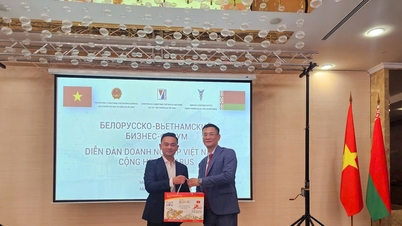

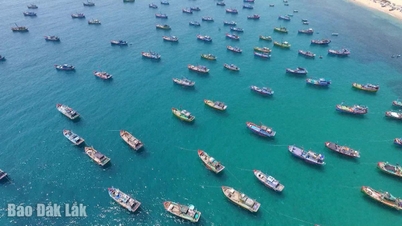
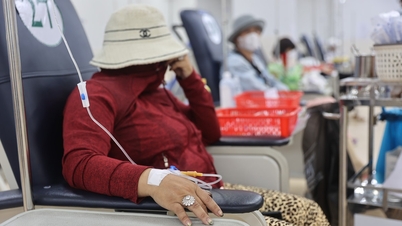










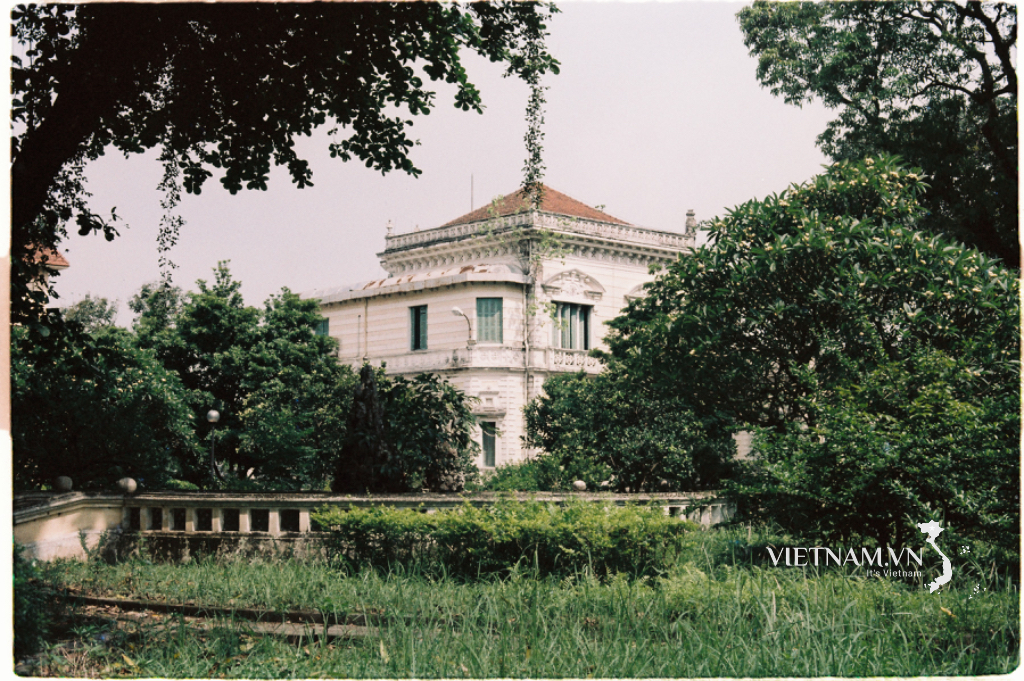
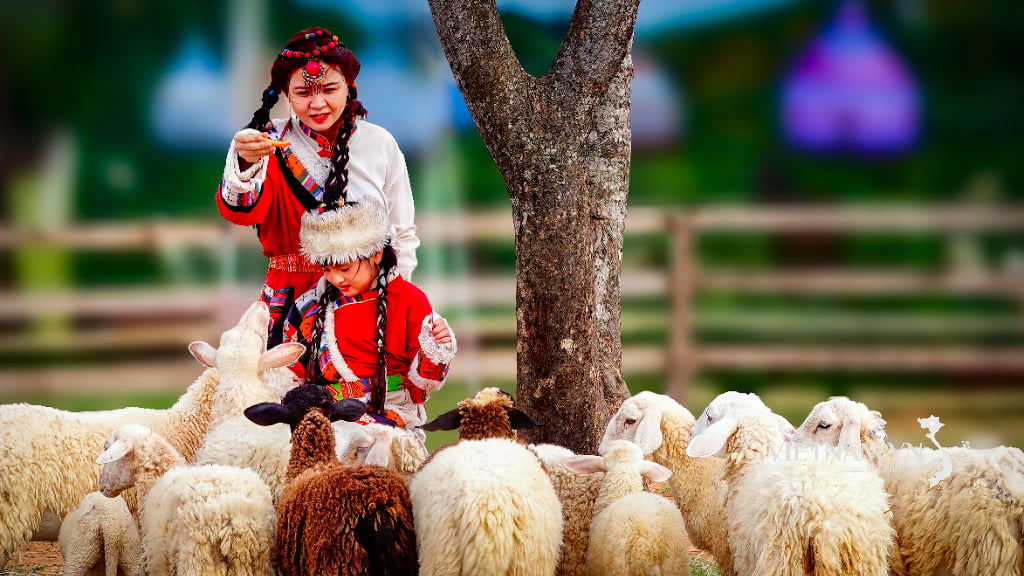

Comment (0)